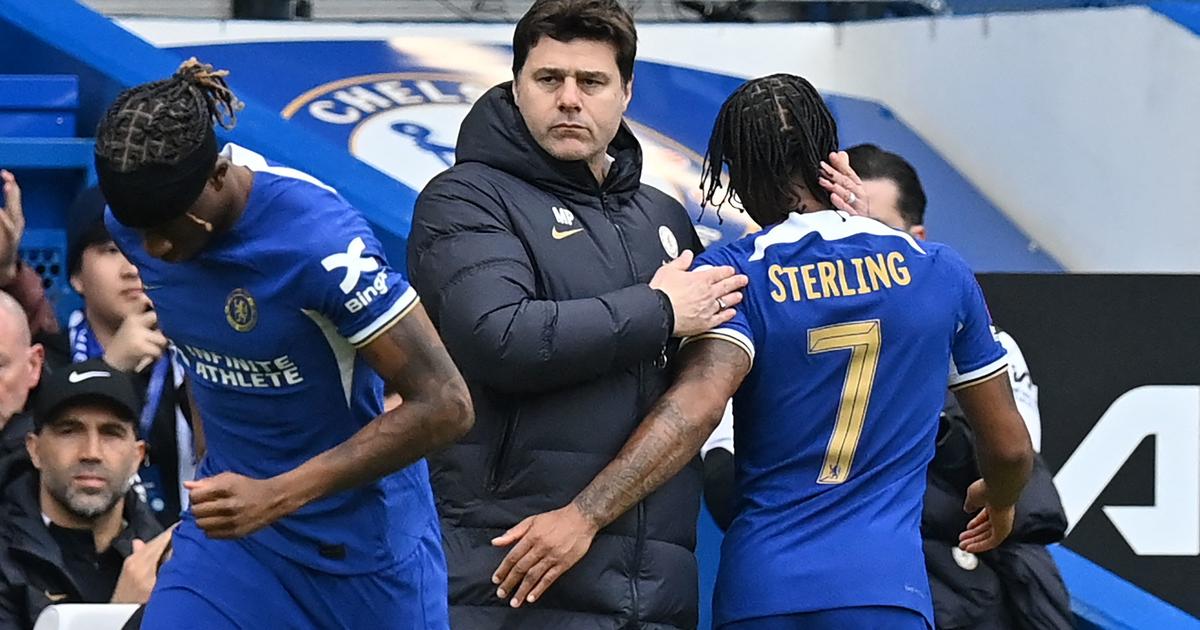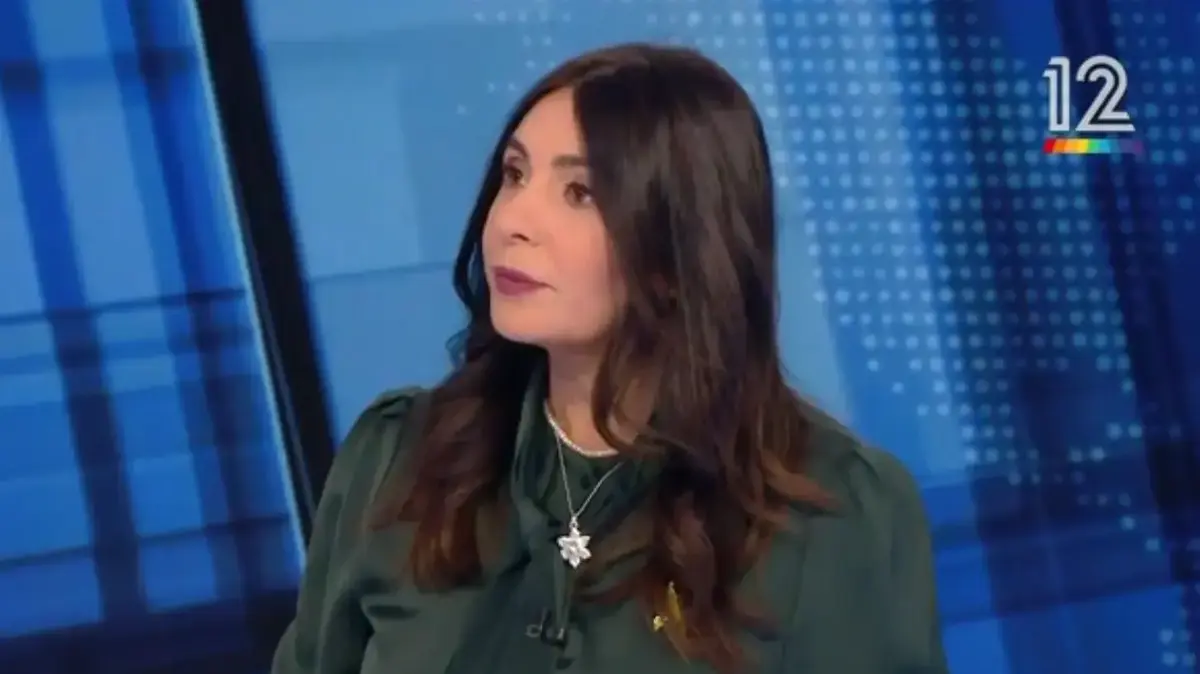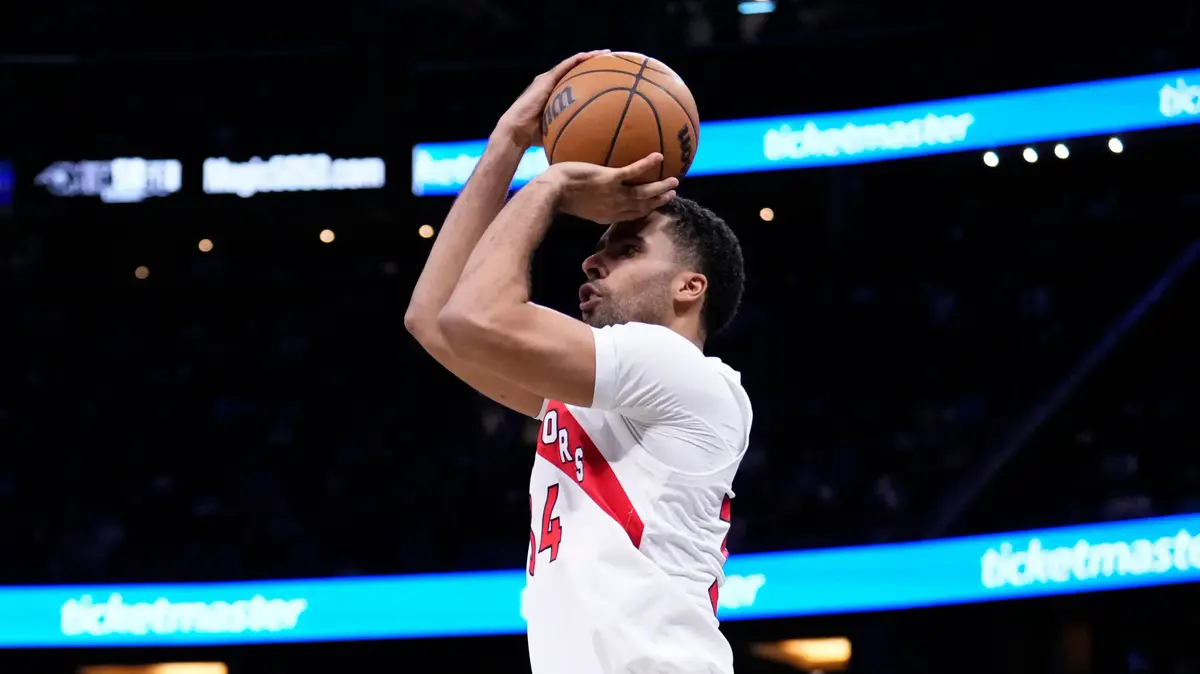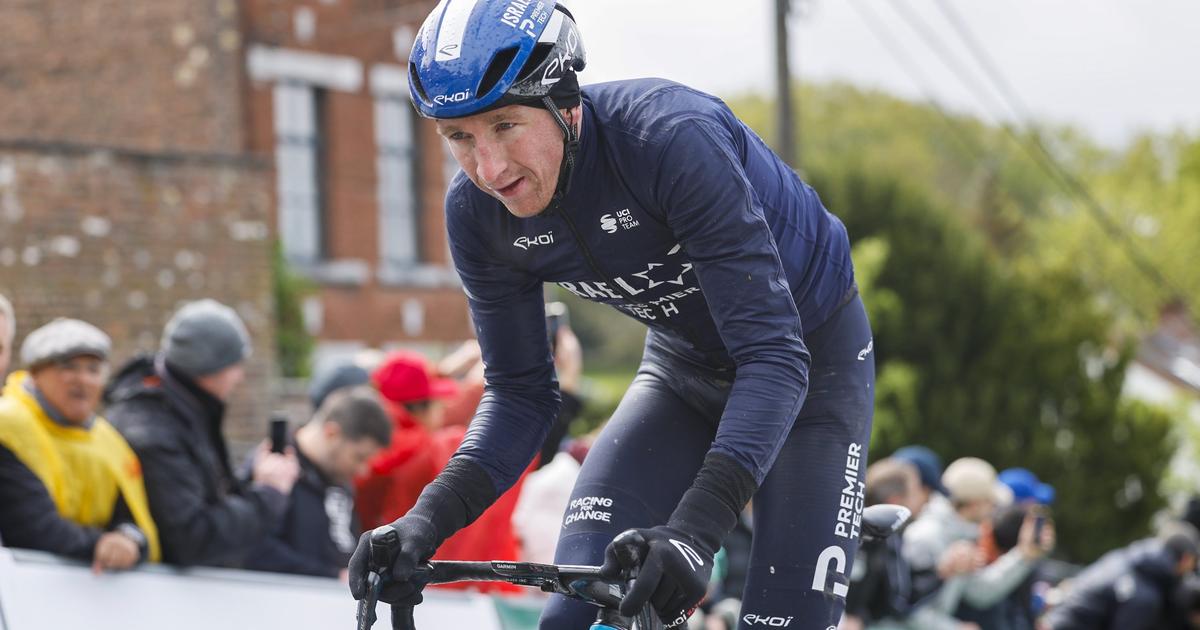Icon: enlarge
Owner Roman Abramowitch makes Chelsea FC almost independent of spectator income
Photo: Reuters Staff / REUTERS
You wouldn't have thought that either: that the Premier League, known to be the richest soccer league in the world, would one day be jealous of bars and restaurants, cinemas and theaters, hairdressers and tattoo parlors.
But while these facilities are allowed to stay open under the stricter corona rules that Prime Minister Boris Johnson has just announced in view of the rising number of infections, the return of spectators to the stadiums planned for October has been postponed for an indefinite period.
We are talking about the end of March, but because of the unpredictable development of the pandemic, a complete ghost season is threatening.
The Premier League is outraged by the government's decision and is making no effort to hide its envy of other industries.
It is convinced that fans in the English professional venues are at least as safe, if not even safer "than in all other public activities that are currently permitted," it said in a statement.
This also shows why the league absolutely wants fans at the games again: namely to reduce the economic damage caused by the corona crisis.
According to its own statements, the Premier League lost 700 million pounds last season, the equivalent of almost 770 million euros, and is making more than 100 million pounds a month with the current emergency operation.
Huge investments despite empty stadiums
These are dramatic numbers.
But when you see how much money the Premier League clubs have spent on new players for the season that has just started, the alarmism sounds hypocritical.
The Telegraph quotes calculations according to which the clubs made a larger transfer minus this summer than last year (the equivalent of a good 683 million euros compared to 673 million euros).
Chelsea FC has spent the most, namely an estimated almost 250 million euros, for Timo Werner and Kai Havertz, among others, but clubs such as newly promoted Leeds United (88 million euros), Aston Villa and Wolverhampton Wanderers (82 million euros each) have also spent invested extensively.
The financial expert Kieran Maguire from the University of Liverpool has various explanations as to how this is possible despite the corona crisis.
"You have to factor in the Roman Abramowitsch factor," he says in an interview with SPIEGEL, alluding to the billionaire Chelsea owner who has invested all the more money in his club this season after a transfer ban from Fifa has expired Has.
Other clubs are also crisis-proof thanks to their wealthy owners, as coach Jürgen Klopp from champions Liverpool had complained at the beginning of the season when he noted that some competitors would probably not have to worry about funding from "countries and oligarchs" despite the pandemic.
"There is a lot of money in circulation that is not football money, but owner money," said Maguire.
TV contract brings in more than three billion euros annually
Television revenues, which have always been the foundation of the Premier League's wealth, are also essential to contain the damage caused by the crisis.
The current TV contract brings the clubs a total of more than ten billion euros over three seasons.
And even if the league has just broken away from a lucrative TV deal in China (more than 600 million euros over three years) - the dependence on viewer income is low.
According to the Deloitte Money League, an annual financial analysis of top international football, ticket sales at the major clubs on the continent generally account for no more than a fifth of sales.
In the Premier League, according to the expert Maguire, only a seventh of the income is generated on match day, while the income from ticket sales in the leagues below even means up to half of sales.
There are actually many clubs threatened with ruin due to the canceled return of the spectators.
Klopp calls for solidarity
This is why there is heated debate as to whether the Premier League, because of its prosperity, is obliged to help the rest of the football pyramid financially.
Among other things, the (conservative) government calls for this, which usually does not propagate the redistribution of wealth, and Liverpool coach Klopp speaks out in favor of solidarity with poorer clubs.
"Football should help itself. I agree 100 percent," he said before the game against Arsenal (9 pm, TV: Sky).
There is even a specific number in the room: The English Football League, responsible for leagues two to four, is demanding around £ 200 million from the Premier League.
But the latter apparently linked their willingness to help to political conditions.
According to the Times, clubs in the House of Lords want a guarantee that viewers will return this season - only then will they want to make commitments themselves.
Icon: The mirror






/cloudfront-eu-central-1.images.arcpublishing.com/prisa/NFI4JHXIAVFVVGKUXOAG4HK35Y.jpg)







/cloudfront-eu-central-1.images.arcpublishing.com/prisa/SIL73HWCGXKSZBZRANYT36EZLI.jpg)
